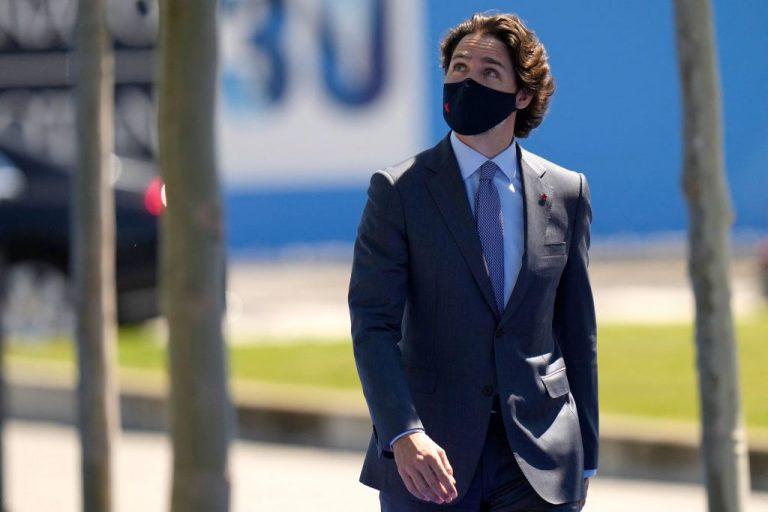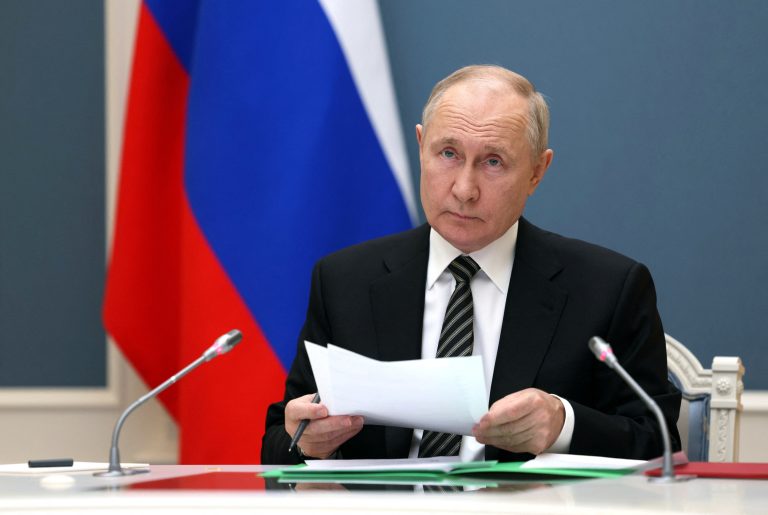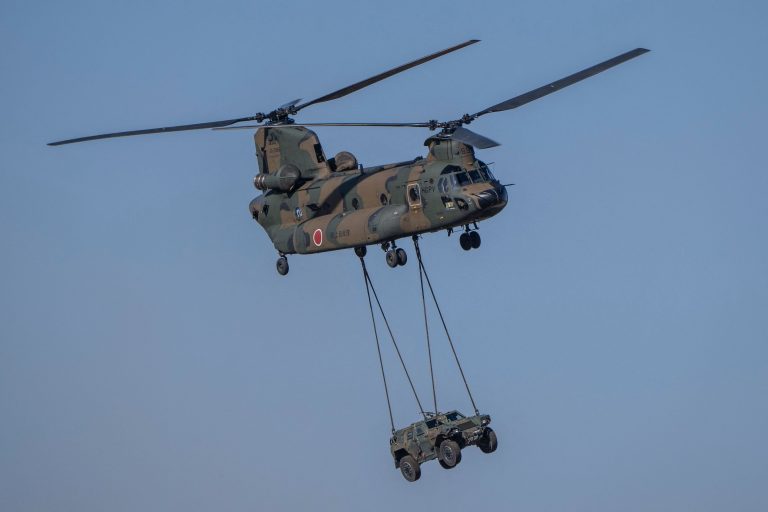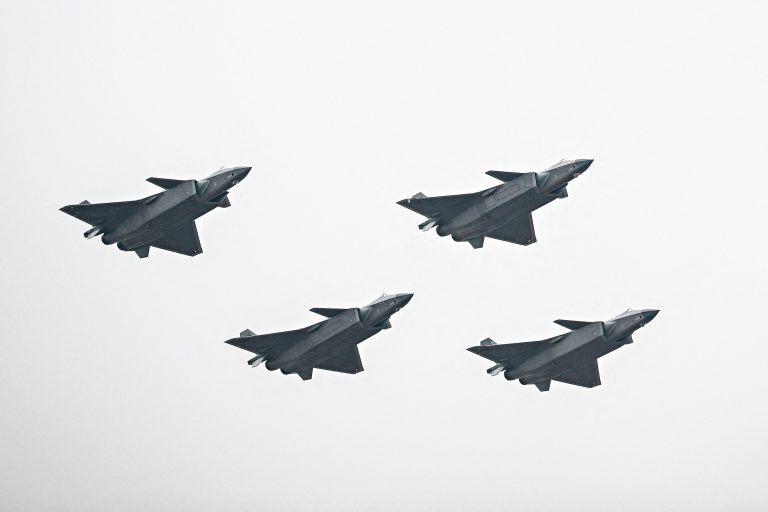The Canadian government has ended evacuation efforts for citizens, permanent residents, and refugees from Afghanistan five days ahead of the Taliban-defined Aug. 31 deadline.
Global Affairs Canada (GAC) notified the public that evacuation efforts ended suddenly via an email on Aug. 26, adding that no further evacuation efforts are planned. The email was published on Twitter by Toronto Sun reporter Bryan Passifiume.
The email acknowledged the Canadian government was aware that a number of citizens and permanent residents were stranded, but could only offer advice to “shelter in place.”
Passifiume reported in an Aug. 24 Toronto Sun article that it was actually U.S. soldiers who “continue to turn away would-be evacuees, preventing them from getting to safety.” The article said GAC had sent those attempting to flee multiple emails marked “urgent,” that were “instructing those desperate to leave to immediately make their way to a hotel near the city’s airport, check in at the front gates and ask to speak with a Canadian official.”
Passifiume added that an Afghan citizen that had been granted evacuation due to his service for the Canadian Armed Forces “was brutally beaten by Taliban fighters waiting for evacuees to arrive at the hotel” after being denied access to the hotel by U.S. soldiers after a two-hour taxi ride.
Success
You are now signed up for our newsletter
Success
Check your email to complete sign up
The man said the U.S., Germany, Belgium, and The Netherlands were transporting their country’s evacuees by bus to the airport.
By comparison, an article by Passifiume and the Toronto Sun two days earlier on Aug. 22 said GAC had instructed an elderly couple who was granted seats on an evacuation flight via email to “please proceed to the north gate” and to “wear red if you have it, and make your way to the front of the crowd and identify yourself as Canadian.”
The man told the Sun a “chaotic scene where people with legitimate Canadian travel documents were turned away, and those refusing to leave were threatened and even shot at by soldiers,” was what greeted them at the Kabul Airport.
CTV News reported on Aug. 26 that the final evacuation flight occurred overnight, just hours before suicide bombers killed more than 100 people, including 13 U.S. soldiers outside the Kabul Airport.
CTV also said since Canada’s evacuation efforts began, only nine flights were able to leave the country, rescuing only 3,700 out of 8,000 emergency help applicants.
Acting Chief of Defense Staff, Gen. Wayne Eyre, was quoted as saying, “We wish we could have stayed longer and rescued everyone who was so desperate to leave. That we could not is truly heartbreaking, but the circumstances on the ground rapidly deteriorated.”
Prime Minister Justin Trudeau, who is campaigning for a majority government in a Sept. 20 election, was similarly quoted as saying, “I understand the heartbreak of those who were not able to get out,” by The Globe and Mail.
The Globe further paraphrased Gen. Eyre as stating Canada’s evacuation plans ended “because the United States needs the runway at Hamid Karzai International Airport to extract thousands of troops before its Aug. 31 withdrawal deadline” in addition to “increasing danger of terrorist attacks from Islamic State militants.”
Eyre “urged reporters to put the blame on the Taliban, which has thwarted more a comprehensive evacuation.”
But Trudeau’s government has taken an ambivalent position on the Taliban. On Aug. 16, Foreign Affairs Minister Marc Garneau, who oversees GAC, said in comments given to state-run broadcaster CBC that Canada is open to recognizing the Taliban as Afghanistan’s government, but would “have to see how they behave.”
The Taliban is officially recognized as a terrorist organization by Public Safety Canada.
Trudeau announced a snap election the next day, and was forced to walk back Garneau’s comments, saying “Canada has no plans to recognize the Taliban as the government of Afghanistan.”
On Aug. 25, Trudeau’s Minister of Women and Gender Equality, Maryam Monsef, an Afghan refugee herself, referred to the Taliban as “our brothers” during a video conference where she said, “I want to take this opportunity to speak to our brothers, the Taliban,” and called on the terrorist organization to “ensure the safe and secure passage of any individuals in Afghanistan out of the country.”
Monsef was later questioned on her use of the endearing terminology toward the Taliban. According to the Toronto Star, her response: “In terms of the terminology, if you go to messages across the country, Muslims refer to each other as brothers and sisters,”
Monsef further said, “the reference to brothers is a cultural reference, of course.”
A 2019 report published by Canada’s intelligence community, the Canadian Security Intelligence Service (CSIS) predicted today’s events with eerie accuracy, “Many Afghans who can leave are doing so…Many believe that if the economy, stability and human rights did not improve after almost eighteen years of foreign attention, there is little hope for Afghanistan after abandonment by the US and its allies.”
“Afghanistan’s army is undertrained, crippled by corrupt suppliers and no match for the Taliban without US support. Much depends on how long US forces remain in Afghanistan. If the US reached a clearer agreement with the Taliban and then withdrew before a final agreement on a transitional government was concluded, the government of Afghanistan could collapse quickly.”
“An early withdrawal of US forces could result in a new Taliban offensive and the end of the current regime.”
In December of 2020, after poorly-redacted internal documents were released to Rebel News in an Access to Information Request, it was revealed that Global Affairs Canada was using its influence to lean on the Department of National Defense and the Canadian Armed Forces to train the Chinese Communist Party’s People’s Liberation Army in winter survival training, citing concerns over diplomatic relations with Beijing.















